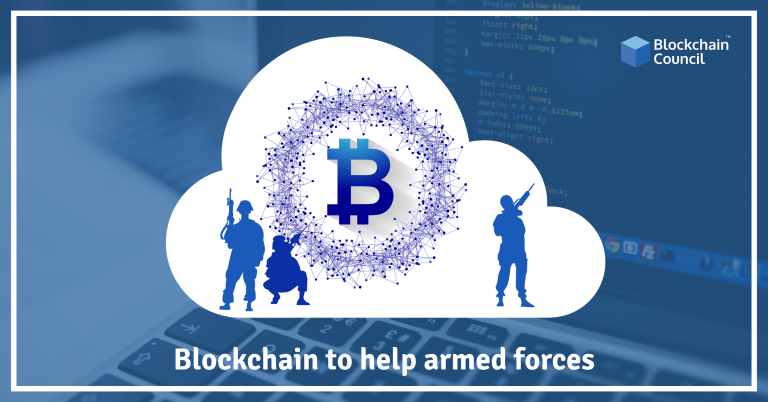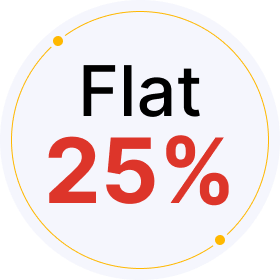
- Toshendra Kumar Sharma
- February 24, 2021
The last year has seen a lot of hype regarding cryptocurrencies from the media and investors. But now that the hype seems to be dying down, it is giving way to a more organic and natural growth of Blockchain Technology like bitcoin pro. And the users of cryptocurrency are no longer restricted to just financial sectors. From logistics to real estate and digital ID management, corporations around the world are making tremendous strides in the adoption of Blockchain Technology. Here’s a look at the top 10 companies that already have incorporated blockchains in their operations.
FedEx
FedEx is one of the world’s biggest logistics management companies and handles billions of dollars worth of cargo every year. FedEx has now become the first big shipping giant to incorporate Blockchain Technology into their supply chain management. So far, they are using Blockchains to track high-value cargo and are soon planning to extend the functionality to almost all their shipments. In addition to that, they are also helping to develop the Blockchain based industry standards for supply chain logistics establishing themselves as pioneers in this field.
Burger King Russia
Fast-food giant Burger King has launched its crypto-currency token in Russia, called WhopperCoin on the Waves platform. Named after the brand’s flagship burger, WhopperCoin is Burger Kings’s attempt at using Blockchain to power their rewards program. What’s unique about this approach is that unlike traditional rewards programs, WhopperCoin tokens can be stored online, traded or even transferred to other people using the Waves platform. Customers would receive a WhopperCoin for every Rouble they spend at Burger King and correspondingly a Whopper could be bought for 1700 WhopperCoin. This is a significant move that can have far-reaching consequences for all kinds of rewards programs – from movie theatres to frequent flier miles.
KIK
KIK is one of the biggest online chat platforms with over 300 million active users. KIK concluded its ICO in 2017 and had recently integrated the Kin cryptocurrency in their platform which can be used to make payments to other users of the platform. The Kin Foundation announced it would be able to offer zero-fee transactions by using its unique network. KIK’s goal is to integrate blockchain based payments into services that people already use creating an entire economy around their cryptocurrency.
IBM
IBM is shaping up to be one of the giants in the cryptocurrency space by providing the backbone of Blockchain related services to businesses. Using the Hyperledger Blockchain creator tool, they can help the organisations to create their own distributed ledger and smart contract systems. They have already partnered with some businesses that deal with logistics to increase efficiency and lower costs for them. The partners include logistics giants like Walmart and banks like the Bank of Montreal (BMO), CaixaBank, Commerzbank, Erste Group, and the United Bank of Switzerland (UBS). With food logistics as in the case of Walmart, the goal is to make the supply chain more secure so that contamination can be reduced. While the banks have come to develop a Blockchain trade finance platform called Batavia.
Walmart
Walmart and nine other food companies have partnered with IBM to create a Blockchain for tracking food globally through its supply chain. Real-time data will be captured at every point, on every single food product. The Food Trust Blockchain, which includes Nestlé SA, Dole Food Co., Unilever, and several others. These companies have been collaborating with IBM on the initiative since 2016 and began conducting trials of the product in August of last year. Their goal is to improve the companies’ ability to identify issues involved with food recalls, such as tracing outbreaks more quickly to limit customer risk. Walmart appears to have joined the initiative after the outbreak of salmonella in the supply chain last year.
Microsoft
Microsoft is another tech giant that has embraced Blockchain Technology since its inception. Microsoft had started accepting Bitcoin payments on its website in 2014 when almost no one had even heard of cryptocurrencies. Microsoft has also secured some 40 patents related to the use of Blockchains as payment gateways and for secure storage. Bill Gates and several of his nonprofit decentralized have looked at Blockchains to try to improve the workings within their organization. Microsoft is also letting businesses and developers deploy their own Blockchain using Stratis in Microsoft Azure. Microsoft Azure is a cloud computing service created by Microsoft for building, testing, deploying, and managing applications Microsoft-managed data centres.
Overstock
Overstock has been one of the biggest proponents of Blockchain Technology from the beginning and lets users purchase all the items on their website using Bitcoin. The company sells home decor, furniture, bedding, and many other goods that are closeout merchandise. Patrick M. Byrne, the founder of the company, is a staunch supporter of cryptocurrencies and has been outspoken about his commitment to decentralized money.
Mastercard
Mastercard has filed over 30 Blockchain related patents, some under the title of “Method and System For Instantaneous Payment using Recorded Guarantees,” which seems to imply that they are building their own Blockchain based payment gateways. Bitcoin has been said to be disruptive to payment processors like Mastercard and VISA so it makes sense that they would explore their private alternatives to Bitcoin-based payments.
Huawei Technologies
Huawei wants to use Blockchains to organize the mobile industry further to reduce fraud and trickery. Huawei claimed in a recent press release that, “Blockchain Technology offers mobile carriers superb opportunities to support the transformation of business models through new network layers, which can revolutionize how data integrity is verified and value and rights are transmitted and tracked over the infrastructure to subscribers.”
Bank of America
Bank of America has recently applied for nine more blockchain related patents, a sign that the bank is open to using Blockchains in its operations. Bank of America hopes to use open-sourced ledgers to create more efficient financial transactions for consumers and business. Combined with Ripple’s XRP token, Bank of America could save billions of dollars every year in cross-border payments.



































































 Guides
Guides News
News Blockchain
Blockchain Cryptocurrency
& Digital Assets
Cryptocurrency
& Digital Assets Web3
Web3 Metaverse & NFTs
Metaverse & NFTs
